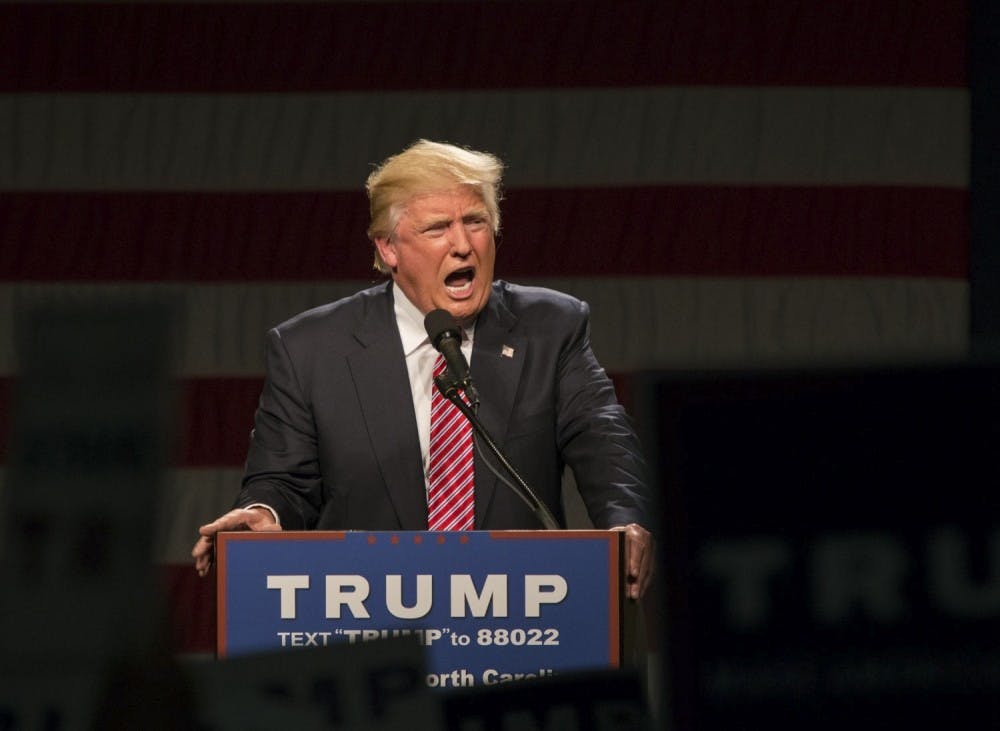The Trump administration released its proposed budget Monday for the 2019 fiscal year, which would increase funding for school choice programs such as vouchers and charter schools and cut some college affordability grants and programs.
Increases in school choice funding would come at the expense of program cuts at all levels of education, including several which benefit low and middle-income families. In addition, a reduction of specialized education in artistic fields may result from the budget due to the proposed elimination of the National Endowment for the Arts.
The U.S. Department of Education, headed by Secretary of Education Betsy DeVos, released a statement on Monday supporting the new budget, particularly its $1 billion allocation to the new Opportunity Grants program, which allows for more public and private school choice within families.
Many policy experts and educators, however, see flaws in the new plan.
Billy Ball, an education reporter at NC Policy Watch, said much of the response he has heard to the budget has been overwhelmingly negative. Ball said the budget’s focus on school choice is a particularly divisive issue.
“If you’re a school choice fan, you’re probably celebrating, but if you’re a traditional public school fan you’re probably a little miffed,” Ball said. “The budget is particularly bull-ish about school choice initiatives — vouchers and charter school funding.”
Ball said school choice backers have never before seen this kind of national attention, but it seems to be becoming a calling card for the current administration.
“It’s an unprecedented level of national focus on school choice — but not surprising as he chose Betsy DeVos as the Education Secretary with her background almost entirely in school choice,” he said.
In terms of higher education, UNC School of Education professor Eric Houck sees this budget as a sharp turn away from many of the low-income education programs executed by the Barack Obama administration.




